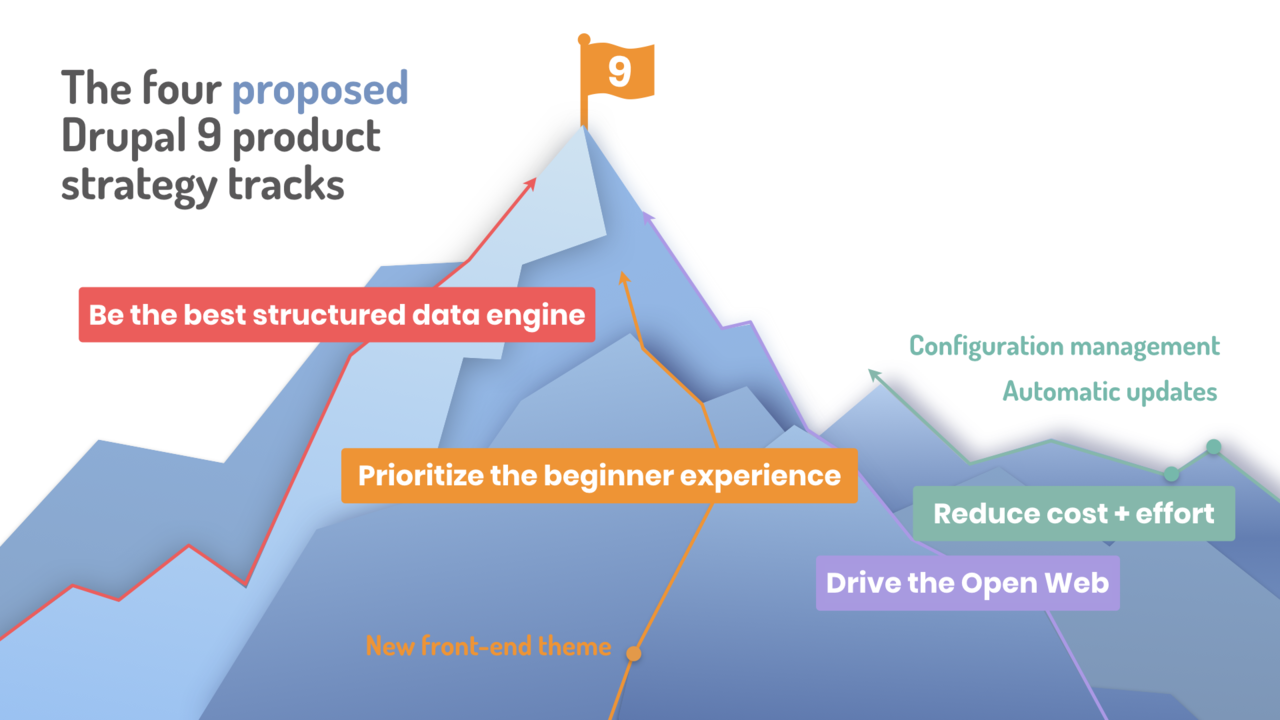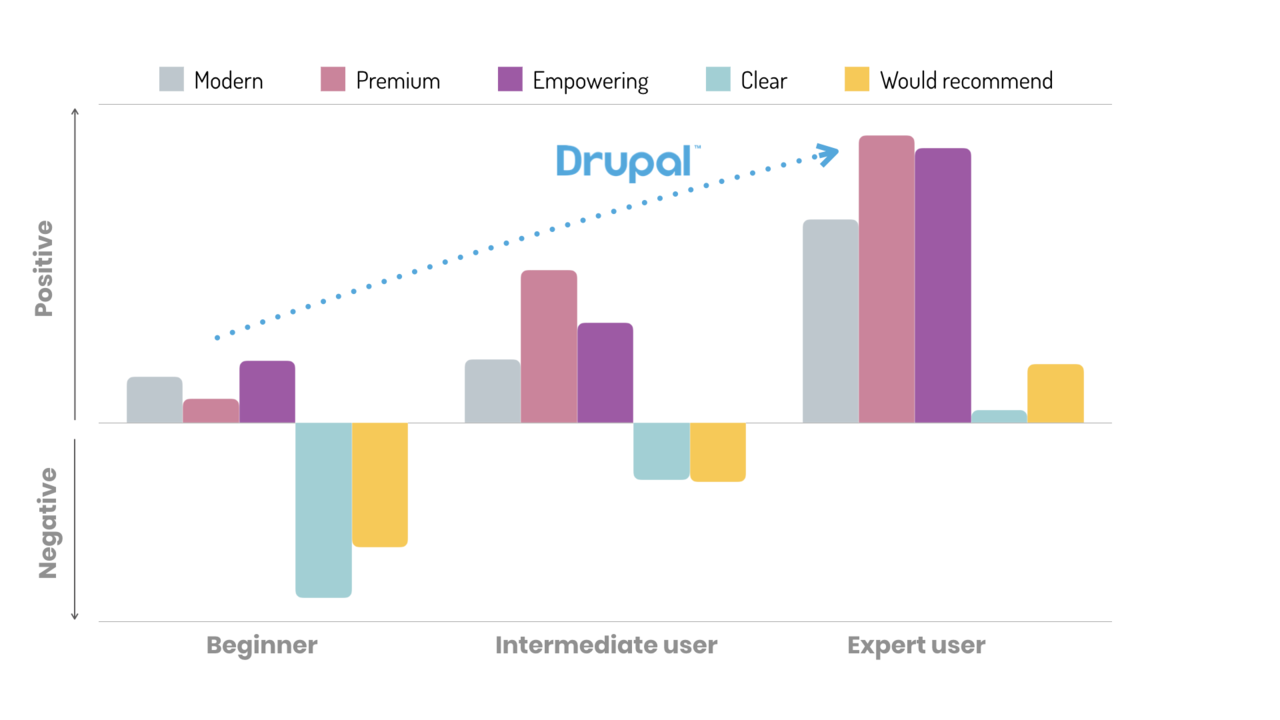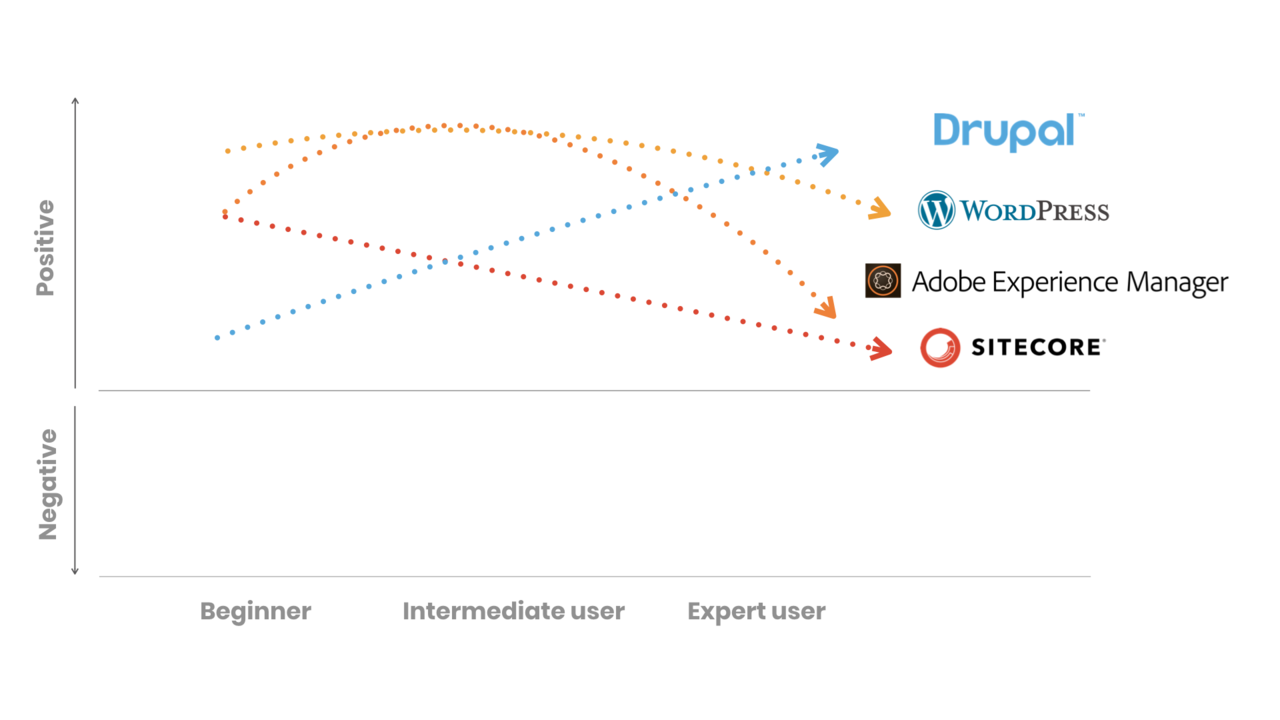

Returning to the reality of work after attending a DrupalCon brings back an interesting load of new ideas and, above all, a renewed optimism. Mainly because you meet old colleagues who are still there, part of the community, but you also see many new faces, young developers and users enthusiastic about Drupal.
The format of the DrupalCon is always very similar, except that in the European events the attendance is lower than those in the United States, to give an idea of the proportion, this year's Drupal Con Seattle had an attendance of about 4,000 people and last week in Amsterdam, close to 1,000. I must say that I needed to detect people speaking Spanish in the environment, there were people from all over Europe and many from the United States, but the presence of Spanish-speaking attendees was not very large, I hope that in future editions of DrupalCon we can interact more In our language, there is actually a lot that is learned and the contacts that are made within the community are very interesting. It is true that it is not an event in which business contacts are made as such, but you interact with key people within the ecosystem of companies dedicated to Drupal.
According to Dries Buytaert, in his blog post published after the event, these are the most relevant milestones and topics regarding the state of Drupal:
Drupal 8 Update: Drupal 8.8 is expected to be released on December 4th and will come with many exciting improvements; In Drupal 8.8, the Media Library is now stable and features a way to easily embed video and image files with a WYSIWYG text editor. There is also “Claro”, a new administration user interface for Drupal. Once Claro is stable, Drupal will look more modern and attractive than ever. Drupal 8.8 will be the first Drupal release with official support for Composer out of the box. Progress on the Automated Updates Initiative was also shown, in this regard Drupal has made significant progress.
One of the most talked about words throughout DrupalCon was JSON:API. That’s because Drupal 8.8 shows significant progress with the API-first initiative, with several improvements to JSON:API support in the contributed space, including an interactive query builder called JSON:API Explorer. This advancement solidifies Drupal’s leadership position as a leading solution for decoupled work.
Drupal 9 will be the easiest major update ever. The community is working hard to make Drupal 9 the easiest major update in the last decade. 4 strategic steps have been proposed to achieve that goal:

Strategic Step #1: Reduce Costs and Effort
Drupal users want the platform to become a low-cost development tool with little or no maintenance.
Strategic Step #2: Prioritize the Newbie Experience
A survey conducted by Acquia’s UX team found that most newbie developers have a relatively poor initial impression of Drupal, however, if they stick around long enough, their positive impression of Drupal increases significantly over time. This is in contrast to any of the competitors, whose impression decreases as experience is gained. Drupal 9 is going to focus on attracting new users and decreasing complexity as a barrier to entry for beginners to fall in love with Drupal before falling into an abyss of disappointment.

Beginners crash against Drupal while experts love it.

Drupal's curve is going in the opposite direction of WordPress, AEM and Sitecore. This presents a huge challenge and a huge opportunity for Drupal.
Strategic Step #3: The Open Source Web
One in 40 websites is built on Drupal. With that comes a huge responsibility to help power the future of the open web. By 2022-2025, 4 billion new users will join the Internet. At Drupal, we want everyone to have access to the open web and that’s why we focus on accessibility, inclusion, security, privacy, and interoperability.
Strategic Step #4: Become the best structured data engine
There is exponential growth in content published on the web, and it is a fact that there will be 300 billion new devices online by 2030. By continuing to make Drupal a high-capacity content repository, with a flexible API, we will be ready to a future with more content, more integrations, more devices and more channels.
Another topic that was mentioned a lot, as it has laid some interesting foundations for understanding the future of Drupal and Open Source in general, was the post that Dries published a few weeks ago https://dri.es/balancing-makers-and-takers-to-scale-and-sustain-open-source I highly recommend reading this post.
In Amsterdam last week, we also laid the foundations for the Colombian Drupal Association, which is now official as one of the 25 local associations in the world and the first in Latin America. At SeeD we will continue working for the future of Drupal; we are very committed to our clients, to the quality of our work and also to contributing as much as we can to the Drupal Community.
SeeD EM, Drupal Experts, Drupal Agency, Drupal Developers, in Bogotá, Colombia.
